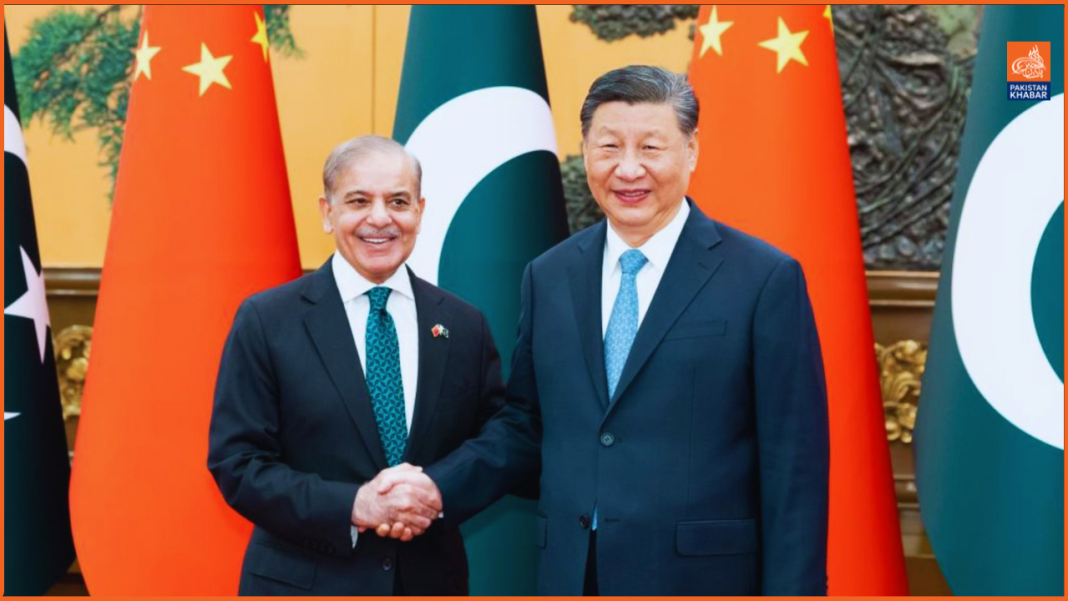China has pledged its support for Pakistan’s anti-terrorism efforts following a series of attacks carried out by Baloch insurgents in the southwestern Baluchistan province on Monday. These attacks, which targeted civilians and military personnel, resulted in the deaths of over 40 individuals. In response, the military reported that it killed more than 20 attackers.
Baluchistan is significant for China due to its investment in major projects, including the strategic Gwadar deep-water port along the Arabian Sea. Lin Jian, a spokesperson for China’s Foreign Ministry, condemned the recent violence, stating, “China stands prepared to strengthen counterterrorism and security cooperation with Pakistan in order to maintain peace and security in the region,” during a briefing in Beijing on Tuesday.
The Balochistan Liberation Army (BLA) has claimed responsibility for these attacks. Notably, the violence coincided with a visit to Pakistan by Li Qiaoming, the Chinese commander of the People’s Liberation Army ground forces, who met with Pakistan’s army chief, General Syed Asim Munir. According to a press release from the Pakistani army, the meeting allowed for in-depth discussions on mutual interests, regional security, military training, and enhancing bilateral defense cooperation.
Baloch separatist groups have long opposed the China-Pakistan alliance in Baluchistan, launching their third major secession campaign since 2006 and targeting Chinese interests both within and outside the province. Fortunately, no Chinese nationals were harmed in the latest attacks. Pakistan Prime Minister Shehbaz Sharif informed his Cabinet that the attacks were intended to disrupt the multibillion-dollar China-Pakistan Economic Corridor (CPEC) projects in the region.
Pakistan’s Interior Minister, Mohsin Naqvi, described the attacks as part of a “well-thought-out plan to create anarchy in Pakistan.” The increasing violence, especially against Chinese nationals and interests, has raised concerns for Beijing. As Pakistan grapples with a prolonged debt crisis and relies heavily on Chinese investments, which amount to around $26 billion under CPEC, this situation is alarming.
According to Donald Lu, the U.S. State Department’s assistant secretary for South and Central Asian affairs, the recent violence has caused worry for China. Pakistani analyst Murad Ali remarked that instead of assisting Pakistan in combating militancy, China has been exerting pressure following past attacks, including a March incident where an Afghan citizen killed five Chinese engineers.
These attacks are particularly troubling for China, which has significant investments in CPEC. Abdullah Khan, a security expert based in Islamabad, noted that the Pakistani government is not doing enough to curb the violence.
Last month, violent protests in Gwadar port city heightened concerns about security and its implications for Chinese projects in the area. In response to earlier attacks, China urged Pakistan in March to address security risks to its nationals. Following the attack that killed the five Chinese engineers in Khyber Pakhtunkhwa, Lin Jian called for thorough investigations and reinforced security measures to protect Chinese personnel and investments in Pakistan.
Chinese Ambassador Jiang Zaidong recently highlighted that CPEC has brought over $25 billion in direct investments to Pakistan, creating 155,000 jobs and contributing to the construction of 510 kilometers (316.8 miles) of expressways, 8,000 megawatts of electricity, and 886 kilometers (550.5 miles) of core transmission grids in the country.




